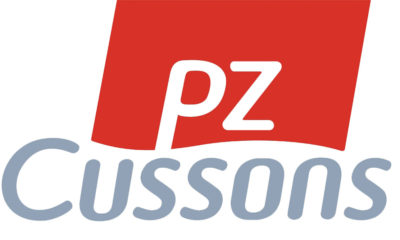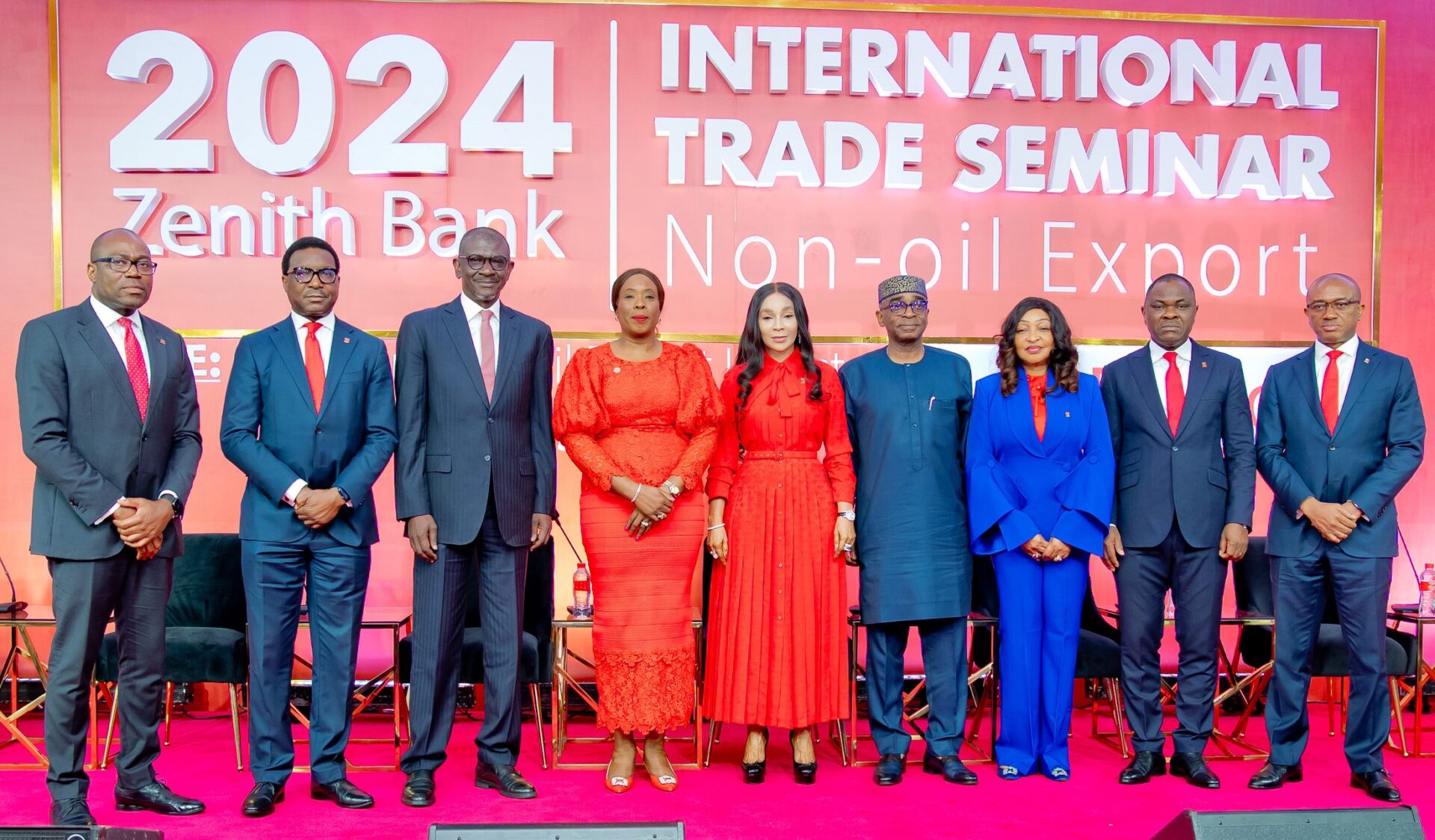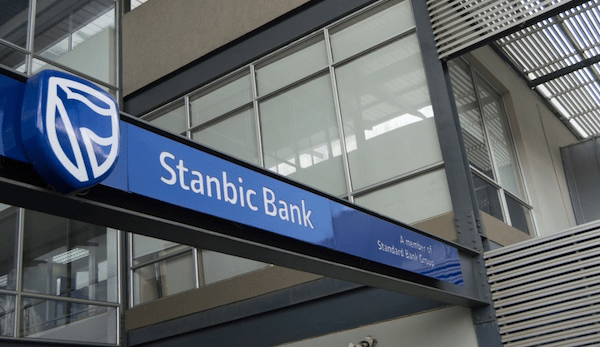Stakeholders unanimously called for concerted efforts towards adding value to non-oil export products by processing them into semi-finished and finished goods in order to unlock significant economic benefits for the nation.
This clarion call was made at the 9th Edition of the Annual Zenith Bank International Trade Seminar themed “Nigerian Non-Oil Export Industry: Awakening the Giant”, which was held on Wednesday, September 4, 2024, at the Civic Centre, Victoria Island, Lagos and virtually.
In her welcome address, the Group Managing Director/Chief Executive Officer of Zenith Bank Plc, Dame (Dr.) Adaora Umeoji, OON, highlighted the importance of non-oil export as a catalyst for job creation.
According to her, “Our theme “Awakening the Giant,” speaks directly to the untapped potentials within the non-oil segment of the economy and how to optimize them. This involves an increase in the number and volume of exportable non-oil items and value addition to exportable items into finished products. Increasing the number and volume of exportable non-oil products implies more business for you, our esteemed exporters, and increased foreign exchange earnings for our country. In addition, this sector will drive employment generation for Nigerian youths who constitute 60% of the estimated 233 million population, and Zenith Bank is committed to being at the forefront of these efforts.”
Delivering his keynote address, the Secretary, National Action Committee, AfCFTA, Mr. Segun Awolowo, commended Zenith Bank and its leadership led by the Founder and Chairman of the Board, Jim Ovia, CFR, for its laudable initiative in organizing an annual export seminar targeted towards exploring opportunities for growth in Nigeria’s non-oil export industry and for its consistent exploits in supporting the implementation of the AfCFTA.
Commenting on the theme of this year’s export seminar, he added that “In awakening the giant, we must focus on scaling production, productivity and value addition for some specific export products with high potential across three main sectors – solid minerals, agriculture and petro-chemicals. We should also aim to capture at least 5% of the global trade and export volumes for these products. Additionally, in the genie bottle is the services sector, which is not only a major contributor to Nigeria’s GDP but also a key driver of economic diversification, job creation, and innovation.”
Also in his keynote address, the Managing Director of Nigerian Export Import Bank (NEXIM), Alhaji Abba Bello, emphasized the need to amplify the export of services in order to facilitate economic growth.
In his words, “A key area that needs mentioning is the need to intensify efforts to support the promotion of export of services to leverage on the sector’s economic strength in which the services sector annually contributes over 50% to the GDP. Specifically, strategic frameworks need to be developed to complement current Government’s US$620 million programme under the Digital and Creative Enterprise (IDiCE), which is designed to empower youths to create IT and skilled / technical jobs that could promote and expand export of ICT and creative industries products and services.”
In his goodwill message, the Governor of Lagos State, His Excellency Babajide Olusola Sanwo-Olu, represented by The Honourable Commissioner for Commerce, Cooperatives, Trade and Investment, Mrs. Folashade Ambrose-Medebem, highlighted the efforts of the Lagos State Government in facilitating non-oil export for the growth of the Nigerian Economy.
He said, “This seminar’s theme resonates deeply with the strategic objectives of the Lagos State Development Plan 2052. Nigeria’s creative economy is a powerful engine of growth and a key pillar of our export diversification strategy. Our focus is on value addition—transforming raw agricultural products into finished goods that command higher prices in international markets. For instance, Lagos State is rapidly becoming a hub for the processing of cocoa, cashew nuts, palm oil, and sesame seeds.
These products, when processed and packaged to international standards, can significantly boost our export revenues and create thousands of jobs for our citizens. The manufacturing sector offers another promising avenue for export diversification. Our vision is to transform Lagos into a global manufacturing hub, where high-quality, made-in-Lagos products are exported to every corner of the globe.
Also in his goodwill message, the Governor of Kano State, Engr. Abba Kabir, represented by the Special Adviser, State Affairs, Usman Bala Muhammad, emphasized strategic advantages in economic diversification in non-oil exports.
In his words, “Our strength begins with agriculture, which has been the cornerstone of our economy for decades. Kano’s agricultural sector has a strong base that we are leveraging for diversification. However, diversification is not just about increasing crop yields; it is about adding value. Through strategic investments in agro-processing, we are converting raw agricultural products into finished goods, creating jobs, and enhancing local consumption. By aligning our export diversification strategies with global market trends and standards, and leveraging opportunities such as the African Continental Free Trade Area (AfCFTA), we can significantly expand Nigeria’s non-oil exports to African markets and beyond.
Speaking on diversification, the Governor of Zamfara State, Dr. Dauda Lawal, represented by the Commissioner of Finance, Abdullahi Bello Auta, urged stakeholders to explore other untapped areas for export.
According to him, “One major important sector which contributes to non-oil export which is not harnessed and which is giving us a lot of trouble simply because it is not organized is the mining sector. I can tell you with all sincerity and courage that once we are talking of mineral resources in Nigeria, Zamfara state is the hub. There is no single solid mineral that you can talk of that you cannot find here in abundance and in good quality.”
Zenith Bank launched the Non-Oil Export Seminar in 2015 as an initiative to deepen the discourse on promoting the non-oil export business in Nigeria, and remains committed to promoting the non-oil export sector in Nigeria by identifying emerging opportunities which help stimulate non-oil exports and develop robust financial products as well as incentives for operators in the sector.


 Naira3 weeks ago
Naira3 weeks ago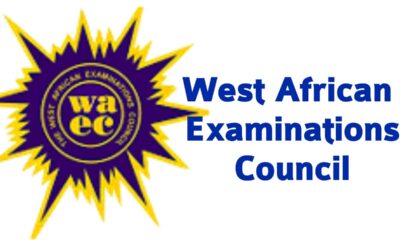
 Education4 weeks ago
Education4 weeks ago
 Naira3 weeks ago
Naira3 weeks ago
 Naira3 weeks ago
Naira3 weeks ago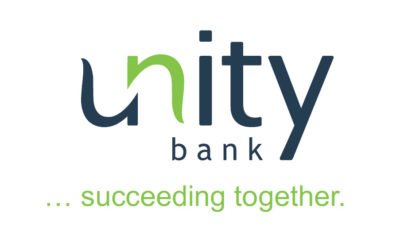
 Banking Sector3 weeks ago
Banking Sector3 weeks ago
 Naira4 weeks ago
Naira4 weeks ago
 Naira4 weeks ago
Naira4 weeks ago
 Naira3 weeks ago
Naira3 weeks ago







